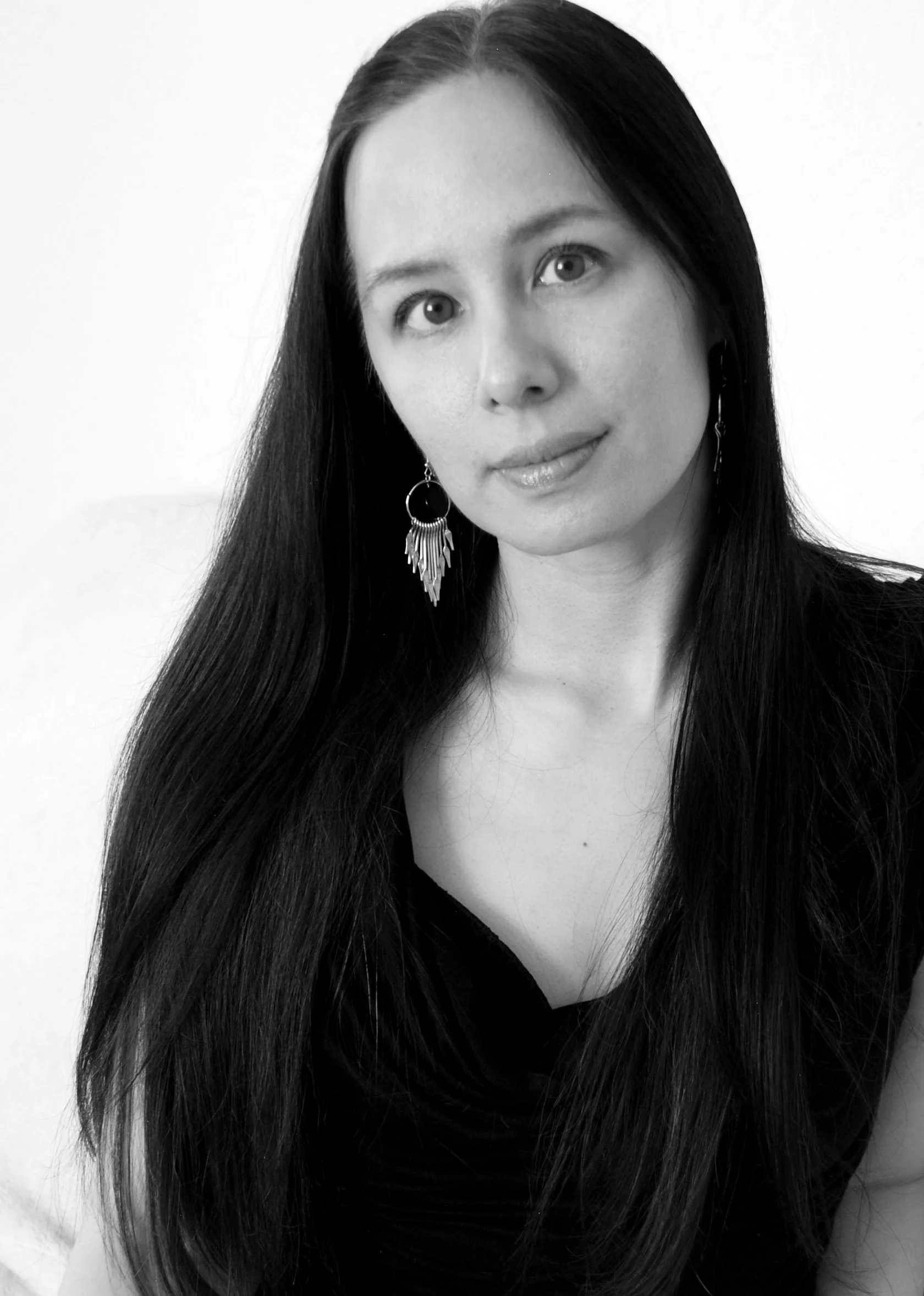By Dara Yen Elerath
In spring I anchored my web
in a tangle of eelgrass.
Whatever entered I ate
or mated with.
But tell me, what kind of story
were you expecting?
Before you found me
I had no name, no taxonomy.
Hours passed during which,
if you’d seen me,
you might have mistaken
my stillness for apathy,
for lack of interest.
I’ve had many thoughts,
the kind animals with eight legs think,
the kind animals who crawl think,
though my crawling took place
in a room two inches wide.
Living in a diving bell
how much can any creature know?
I watched minnows drift past.
In their aluminum armor
saw my fangs, my four sets of eyes.
It was like being visited
by a stranger, my reflection a ghost
who appeared occasionally,
a bit lost, expectant.
I scuttled my net, ate a few fleas,
was not ashamed.
Now, I’m famous, look—
here I am in a guidebook of spiders,
my name: Argyroneta aquatica.
You say I’m a wonder of nature,
my life evidence
of divine agency.
You discuss my feeding habits, the markings
on my abdomen.
But have you ever heard my song?
Not a beautiful one, perhaps—
I learned it when I was nameless,
when I did not live
in any textbook, or in the thoughts
of entomologists—
only in my cave of layered silk,
in my undulant bell
of oxygen, of silver air.
The Importance of Arts, Culture & The Creative Process
Poetry (and art in general) is important because it allows us to express ourselves in ways that everyday speech doesn’t permit. In daily language, we tend to communicate simply and inexactly, whereas, through the arts, we are able to render patterns of meaning that are simultaneously more layered and more concise. I often think of poems as photograms or x-rays of the soul. I’m not always sure where my own poems originate from, but when I revisit them I feel like I’m reading a diary of my subconscious mind; it’s an internal conversation going on beneath the level of everyday awareness. When I share these conversations I feel I’m revealing secrets about myself.














































































